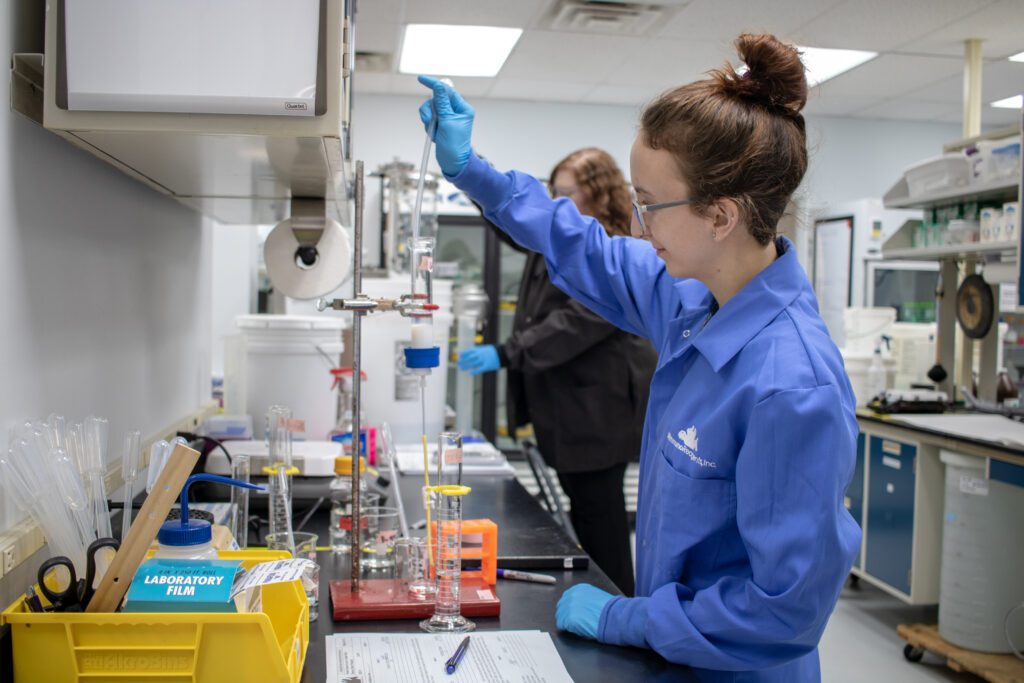The challenges of feeding growing populations while mitigating climate change can be addressed with biotech solutions, but we need to be ready to implement those solutions quickly, according to an article written by Novo Nordisk Foundation and published by the World Economic Forum (WEF) as part of their annual meeting in Davos, Switzerland, at the end of May.
“Biobased solutions, like those enabling sustainable crop cultivation, currently take approximately seven years to be approved under the current EU system, while it only takes approximately two years in the U.S. To incentivize the shift, we need fast-track approval processes for biosolutions that contribute to the green transformation,” the article says.
On top of climate change, geopolitical issues, such as the war in Ukraine, are affecting the supply of food and energy on a global scale, making it more urgent than ever to establish partnerships between legislators, regulators, and industry, along with business leaders and governments, so we can adopt a new generation of biotech solutions, according to the article from Novo Nordisk Foundation.
Report on biotech possibilities
A report by the Biotechnology Innovation Organization (BIO) points out that biotechnology “could mitigate the equivalent of 3 billion tons of carbon dioxide every year by 2030,” using existing technologies, and “deliver vital climate solutions in key areas.”
For example, biotech can help protect food from climate change and counter the threat to the food supply by using biotech tools to increase crop yields, improve carbon sequestration, and reduce water use and food. Biotech also offers plant-based meat, which could help reduce the greenhouse gas emissions from agriculture.
BIO argues that supporting and incentivizing biotech innovation can help us achieve remarkable energy savings, and that biofuels are needed in battling greenhouse gas emissions.
“Advancing biofuel innovation is crucial to agriculture being part of the solution to the climate crisis and fostering energy security,” BIO says in testimony provided to the U.S. Environmental Protection Agency.




